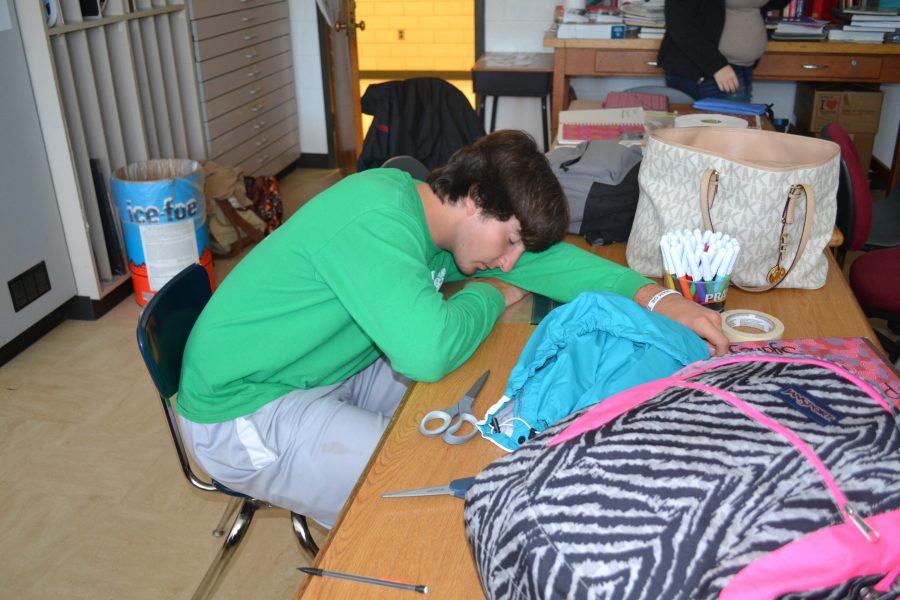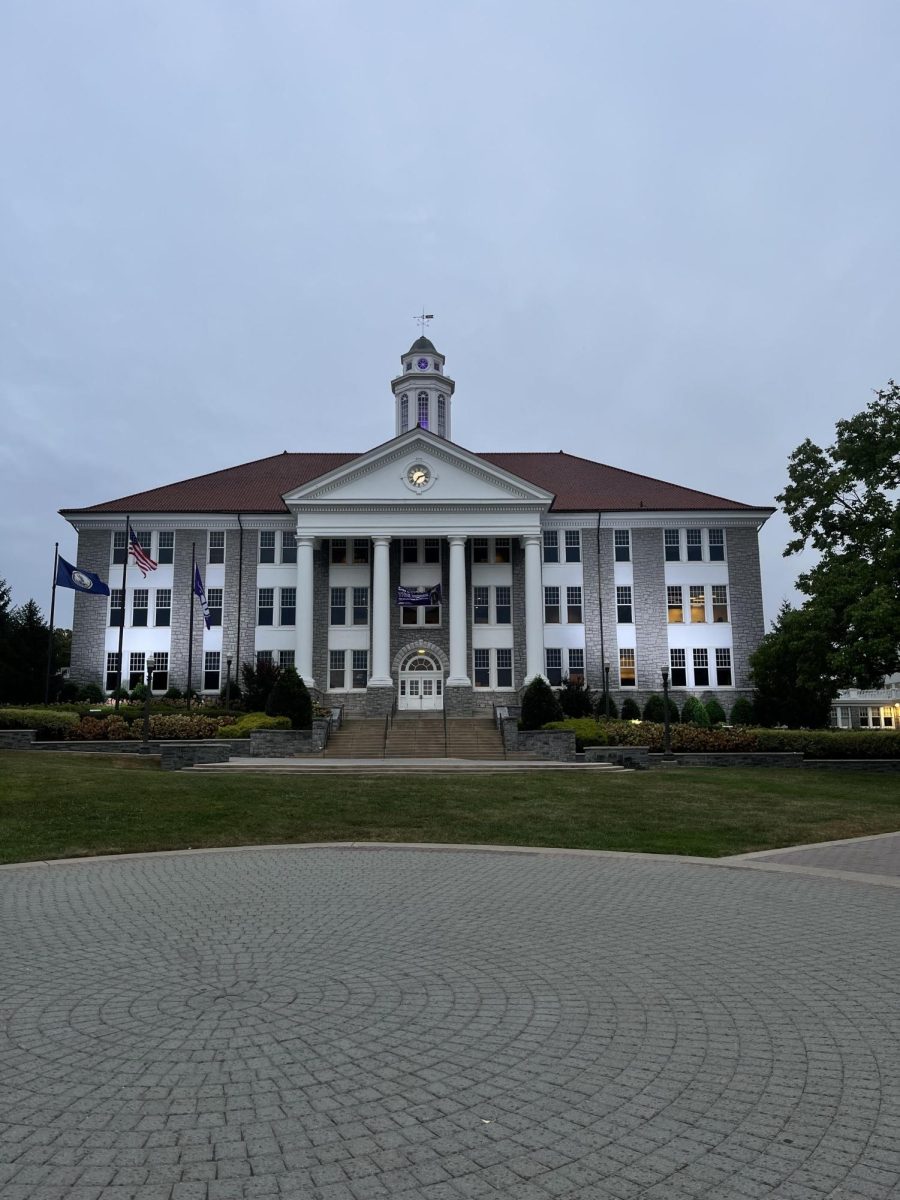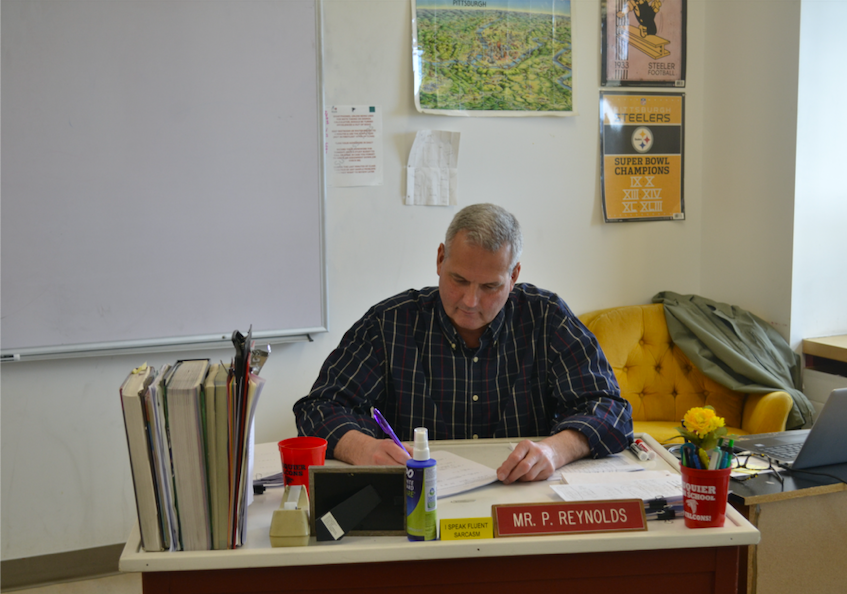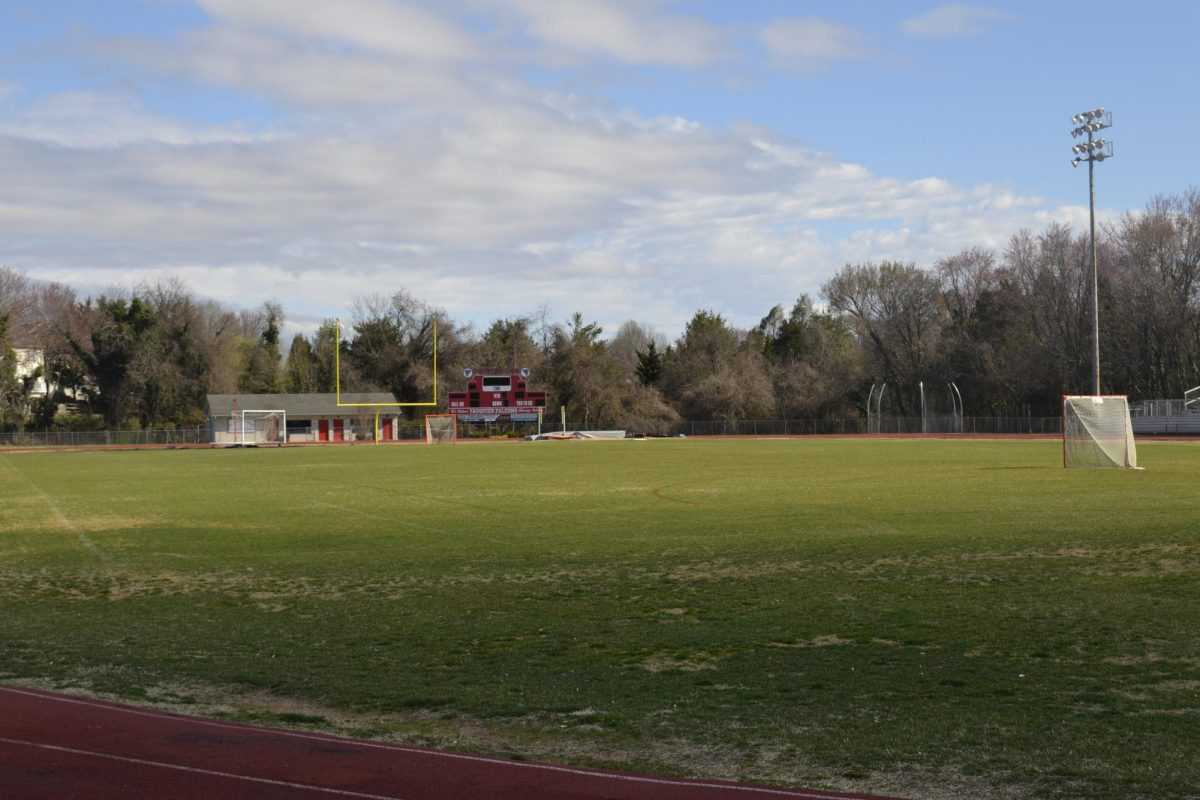The recommendation to start the school day later for middle and high school students in Fauquier County was formally presented to the School Board in June by the School Support Council (SSC). Made up of representatives from each school and open to the public, the SSC meets once a month with Superintendent Dr. Jeck to discuss topics of interest. Later school start times became an active topic when the SSC decided to research the issue last fall.
“We presented the results of our research to the SSC and Dr. Jeck in February and he said, ‘I came here tonight prepared to poke holes in everything you said, but I can’t find fault with any of it’,” SSC member Judy Olsen said. “He has always said that his concern about a change is one of logistics.”
The American Academy of Pediatrics (AAP), made up of over 60,000 pediatricians, released a formal statement in August that recommended teens should start school after 8:30 a.m., renewing interest in the topic within the county. Five years ago, some parents worried about the health impacts of sleep deprivation on adolescents and advocated change.
Teens go through a biological time shift, making it difficult to fall asleep before 11 p.m. and wake up before 8 a.m. According to a study done by the National Sleep Foundation, less than 15 percent of teens get the recommended eight and a half hours of sleep on a school night.
On August 22, a CBS news crew followed junior Kaiya Olsen’s efforts to cope with the effects of sleep deprivation. Side effects can include physical problems with obesity, high blood pressure and depression, as well as poor academic performance.
“They were there following my daughter around, and then they came to our house to interview and film us there. The story aired on Aug. 25 on the national evening news,” Olsen said. “Every news station that day had a story about the [AAP] report.”
Nationwide, only 15 percent of high schools start at or later than 8:30. Principal Tripp Burton, who once worked in Loudoun County where the high school day runs from 9 to 3:50 p.m., understands the complexity of county-wide scheduling changes.
“It’s a complicated issue and they have to consider a lot of different factors,” Burton said. “The benefits speak for themselves, especially what it does for high school students. I know there’s a movement and I’m very interested to see what will happen.”
Cathy Beaulieu, of the SSC, is brainstorming ways to get information about later school start times and the benefits out to the community and works closely with Olsen. They believe high school students can make an impact.
The School Board will decide whether to move forward on the proposal if there is interest in the community and plans to conduct a survey of students, teachers, and parents.
“High school students can really be a voice of change for this,” Beaulieu said. “In my opinion, this change is way overdue; it’s not an issue of whether it’s going to happen, it’s just a matter of when. The sooner we get this change made, the more students can benefit from it.”
Some athletes opposed to the idea worry about the time lost at the end of the day for practices and that a later start time may cause practices to run after sunset.
“If there was a later school start time I’d get out of practice later,” senior Nick Tyreman said. “I’d still have the same amount of homework, and I’d get the same amount of sleep.”
However, Olsen says that creative scheduling options will accommodate athletes and students with after school activities; an example might include shifting the A+ period to the end of the day.
“The initial reaction is ‘everything will just be shifted later,’”Olsen said. “There are creative solutions, like having a flex period at the end of the day so athletes can leave early for practice, alternating practicing in the morning before school, and shortening the school day.”
Olsen would like to see the formation of committees to study major areas of concern, such as athletics, child care, and transportation. Fairfax County has decided to make the change to later start times effective next school year, after a 10-year process of studying the issue.
“I don’t think it needs to take that long,” Olsen said. “Even a half hour later, I’ll take anything I can get.”






